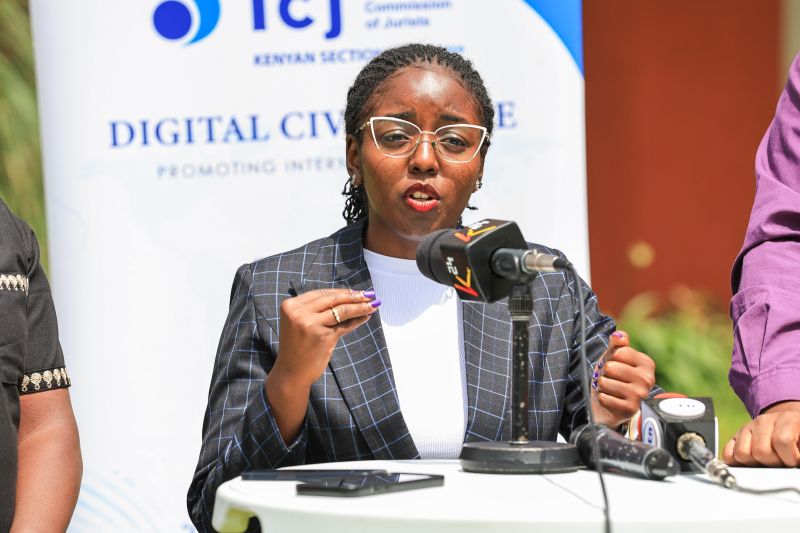Seven Organizations Challenge Internet Shutdowns in Kenya in Major Legal Action
Seven organizations have filed a landmark public interest case at Kenya’s High Court, challenging the unlawful disruption of internet access across the country. The plaintiffs include the International Commission of Jurists, Kenya Section (ICJ Kenya), Bloggers Association of Kenya (BAKE), Paradigm Initiative (PIN), Kenya Union of Journalists (KUJ), Katiba Institute, The Law Society of Kenya (LSK), and The Collaboration on International ICT Policy for East and Southern Africa (CIPESA).
The lawsuit targets the Communications Authority of Kenya (CA), the Attorney General, the Cabinet Secretary of Information, Communications and the Digital Economy, Safaricom, and Airtel Kenya. It comes in response to significant evidence of internet throttling and the blocking of social media platforms, such as Telegram, during the 2023 #RejectFinanceBill protests and the 2024 Kenya Certificate of Secondary Education (KCSE) Examinations.
Following the filing of the case, High Court Justice Bahati Mwamuye issued an urgent order halting all parties from interfering with internet access until the case is resolved. This interim order is seen as a crucial safeguard for Kenyans, protecting their digital rights against arbitrary shutdowns and restrictions.
The case is centered around violations of constitutional rights, including freedom of expression, media freedom, and access to information. The disruption of the internet on multiple occasions in 2023 and 2024 is seen as an infringement on Kenyans’ economic, social, and democratic rights in an increasingly digital society.
Eric Mukoya, Executive Director of ICJ Kenya, stated, “As organizations committed to defending civic freedoms, we condemn the escalating use of digital repression to silence dissent, manipulate information flows, and erode democratic participation.”
The organizations seek a judicial declaration affirming that internet shutdowns without due process are unconstitutional. They are also calling for court-ordered mechanisms to ensure judicial oversight and accountability in Kenya’s digital governance.
Kennedy Kachwanya, Chairperson of BAKE, emphasized the far-reaching implications of the case: “The outcome of this case will have significant consequences for millions of Kenyans who rely on the internet for livelihoods, education, and civic engagement.”



